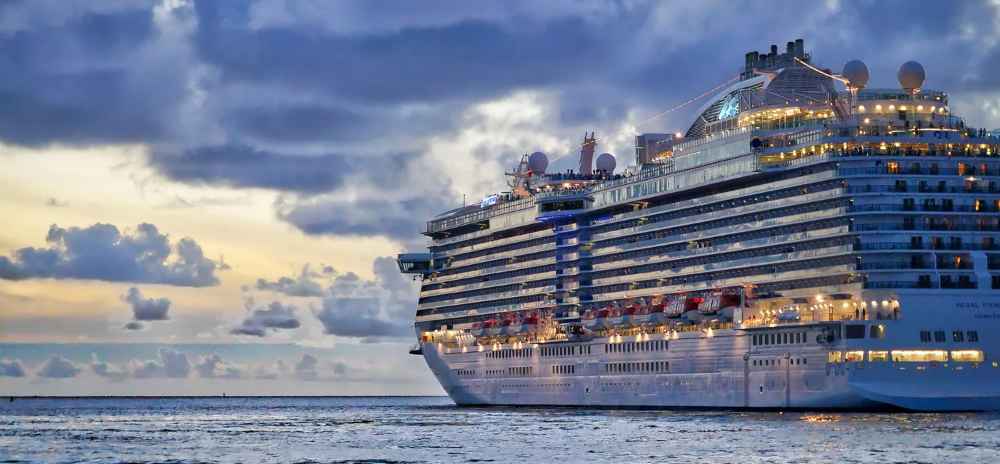The United Nations International Marine Organization has recently adopted a revised decarbonization strategy for global shipping. This represents a significant step forward in the fight against climate change.
The announcement was made at the recent Marine Environment Protection Climate Summit in London. According to reports, the IMO aims to achieve net zero emissions of greenhouse gases in international shipping around or by 2050.
When the announcement was made, global leaders applauded it.
This is great news for the future global shipping industry, as IMO will adopt a strategy to achieve cleaner shipping over the next few years. The ultimate goal of this strategy is to reach a future with zero emissions. Fuel cell technology is essential to achieving the revised IMO targets, Tore Enger said. TECO 2030 is a Norwegian clean tech company that develops zero-emission technologies for maritime and heavy industries.
Kitack Lim, Secretary-General of the IMO, also applauded this decision at its announcement.
Lim stated that “the adoption of the IMO Greenhouse Gas Strategy 2023 is a landmark development for IMO, and opens a brand new chapter in maritime decarbonization.”
The World Travel & Tourism Council has now issued a press release, joining the chorus in support of the IMO’s new plan. The WTTC welcomed the IMO’s ambitious goal of achieving net zero emissions, calling it a “crucial landmark for the cruise industry and the planet.”
WTTC’s President and CEO Julia Simpson urged all governments to help the IMO reach its new goal.
Simpson stated in a press release that “we urge governments to support actively sustainable marine fuels and shoreside power as well as other net zero technologies across all shipping sectors.” To achieve net zero emission, collaboration between government and industry is essential.
It will be difficult to achieve net-zero without the support and cooperation of government. The biggest challenge facing the maritime and shipping industries is reducing GHG emissions. It will also be striving for net zero emissions at a time of increasing freight volumes.
